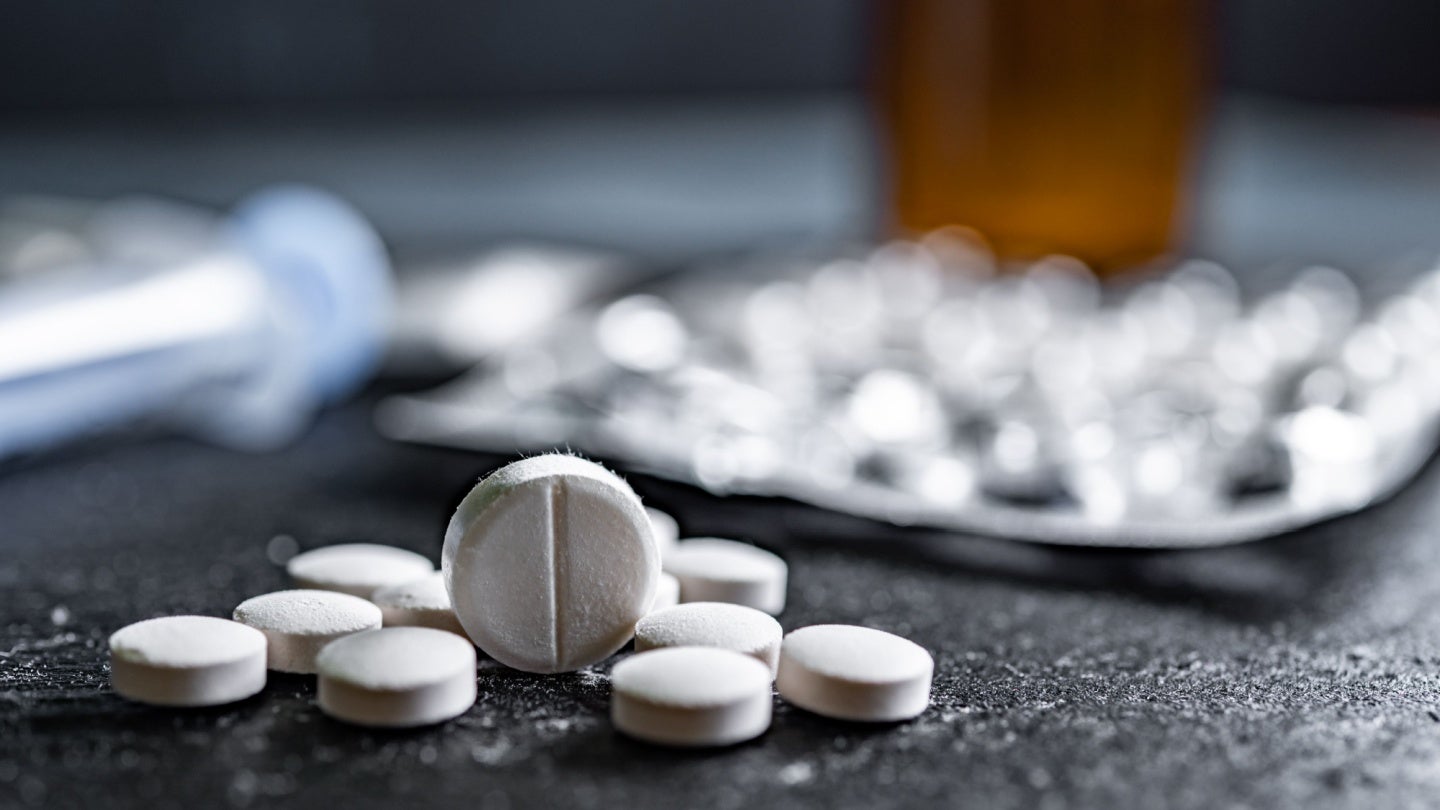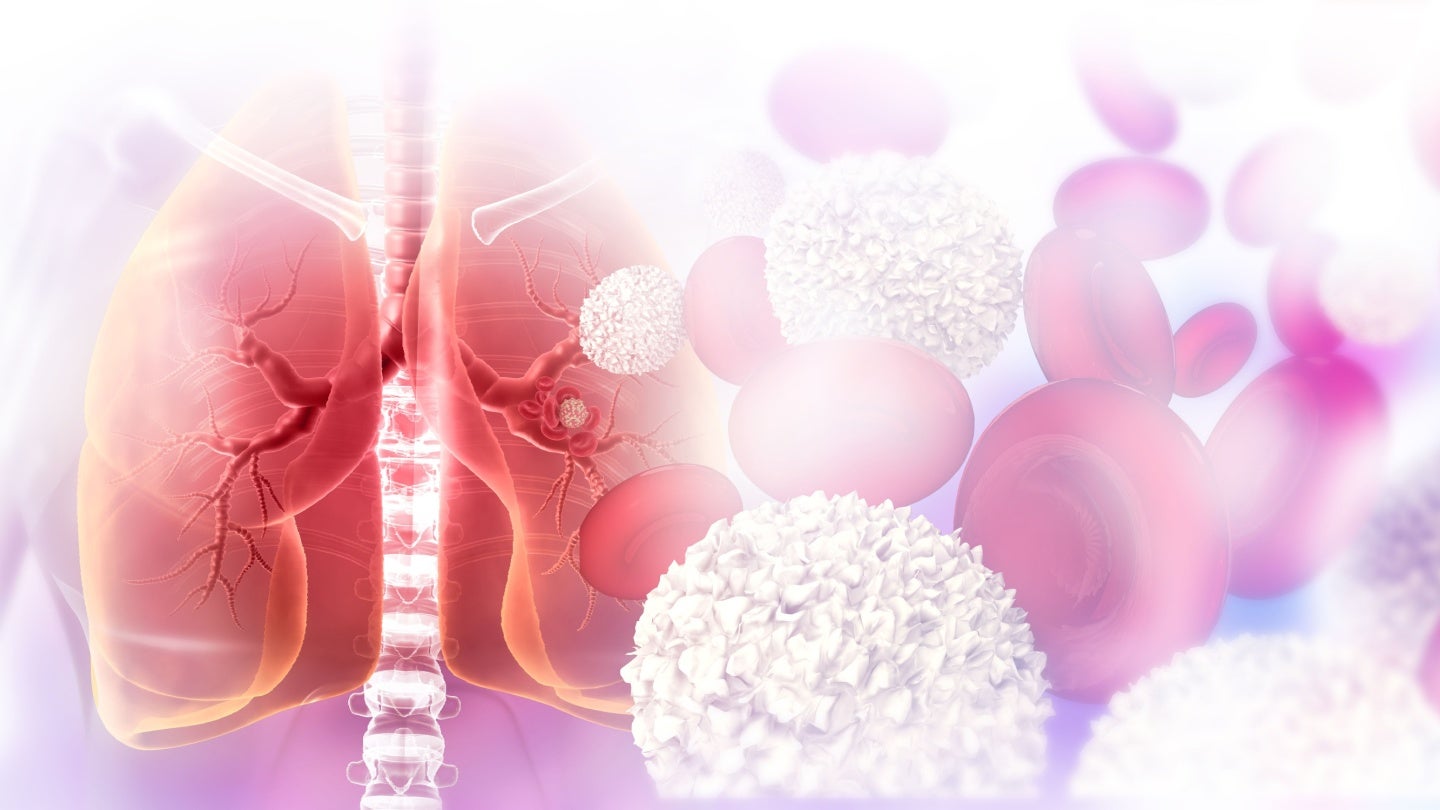UCL team’s life-saving burn treatment wins Bright SCIdea contest
As the government’s new Science and Technology Framework is launched, a team of second year Natural Science students from UCL (University College, London) has shown how the UK’s young scientists have the potential to address global problems. Credit: ©️ SCI/Andrew Lunn AND link to https://www.soci.org/news/2023/3/bright-scidea-final-2023-event-report As the government’s new Science and Technology Framework is launched, […]

As the government’s new Science and Technology Framework is launched, a team of second year Natural Science students from UCL (University College, London) has shown how the UK’s young scientists have the potential to address global problems.

Credit: ©️ SCI/Andrew Lunn
AND link to https://www.soci.org/news/2023/3/bright-scidea-final-2023-event-report
As the government’s new Science and Technology Framework is launched, a team of second year Natural Science students from UCL (University College, London) has shown how the UK’s young scientists have the potential to address global problems.
Team Phagel won SCI’s fifth annual Bright SCIdea challenge for young entrepreneurs on Tuesday 21 May at SCI HQ in Belgrave Square, London. The team was awarded a £5,000 prize to invest in its business idea.
The team, consisting of co-founders Ellen Roshier, Daniel Wan and Tristan Edwards, has developed a burn healing microgel technology that fights off antibiotic resistant species and biofilms. Describing the size of the opportunity to an audience of industry leaders, researchers, and academics, they explained that burns are the fourth most common trauma worldwide, with around 175,000 people attending A&E departments each year due to burns in the UK alone. Burn patients run the risk of contracting septic complications, which account for around half of the deaths in burns victims.
The judging panel consisted of Robin Harrison, VP, Platform Technology and External Innovation, Synthomer, Emily Wilson, Editor, New Scientist, Victor Christou, previous CEO of Cambridge Innovation Capital and Jonathan Hague, Homecare R&D Head of Clean Future Science And Technology, Unilever. Announcing the winners, Robin Harrison said:
‘The judges loved the concept as it has the potential to solve a real societal problem. It could treat burns effectively and help the move away from antibiotics. There would be a beneficial impact on the individual, on hospitals and the NHS – and on society. The team understood the steps needed to reach the solution and had a clear timeline to do this.’
Launched in 2018, the Bright SCIdea Challenge is open to budding entrepreneurs with plausible scientific ideas that could be commercialised to benefit society. The international competition provides training and mentoring as well as the opportunity to win funding to help launch a business and develop pitching and business skills. The university teams receive free, accredited business planning training and are asked to submit a full business plan, setting out how their idea can be taken to market.
Sharon Todd, SCI CEO said
‘SCI is a global industrial innovation hub which works to accelerate scientific innovation out of the laboratory and into industry for societal benefit. Team Phagel illustrated how it would do just that with its winning idea – a testimony to the scientific talent in universities today. Once again, the event provided the opportunity for the finalists to network with industry leaders who can provide future business support.‘
The latest contest attracted entries from Leeds to Warwick and from Iran to Portugal. Previous Bright SCIdea winners have included CardiaTec, which has developed technology to address cardiovascular disease, and science-led construction company LCM (Low Carbon Materials) who won as Plastech Innovation in 2019. Last year, LCM was an Earthshot Prize Finalist and its co-founders were recently listed in Forbes 30 under 30.
The 2023 Bright SCIdea winners in full:
- Team Phagel – UCL, London – Burn healing technology that fights off antibiotic resistant species and biofilms
- Team Electric Collective Group – Imperial College, London and Architectural Association School of Architecture –– A shirt that measures the wearer’s ECG electricardiogram
- Team FoodPrint – University of Leeds – A simple scale quantifying the environmental impact of food products for the benefit of consumers
The audience vote matched the decision of the judges this year.
What's Your Reaction?

































